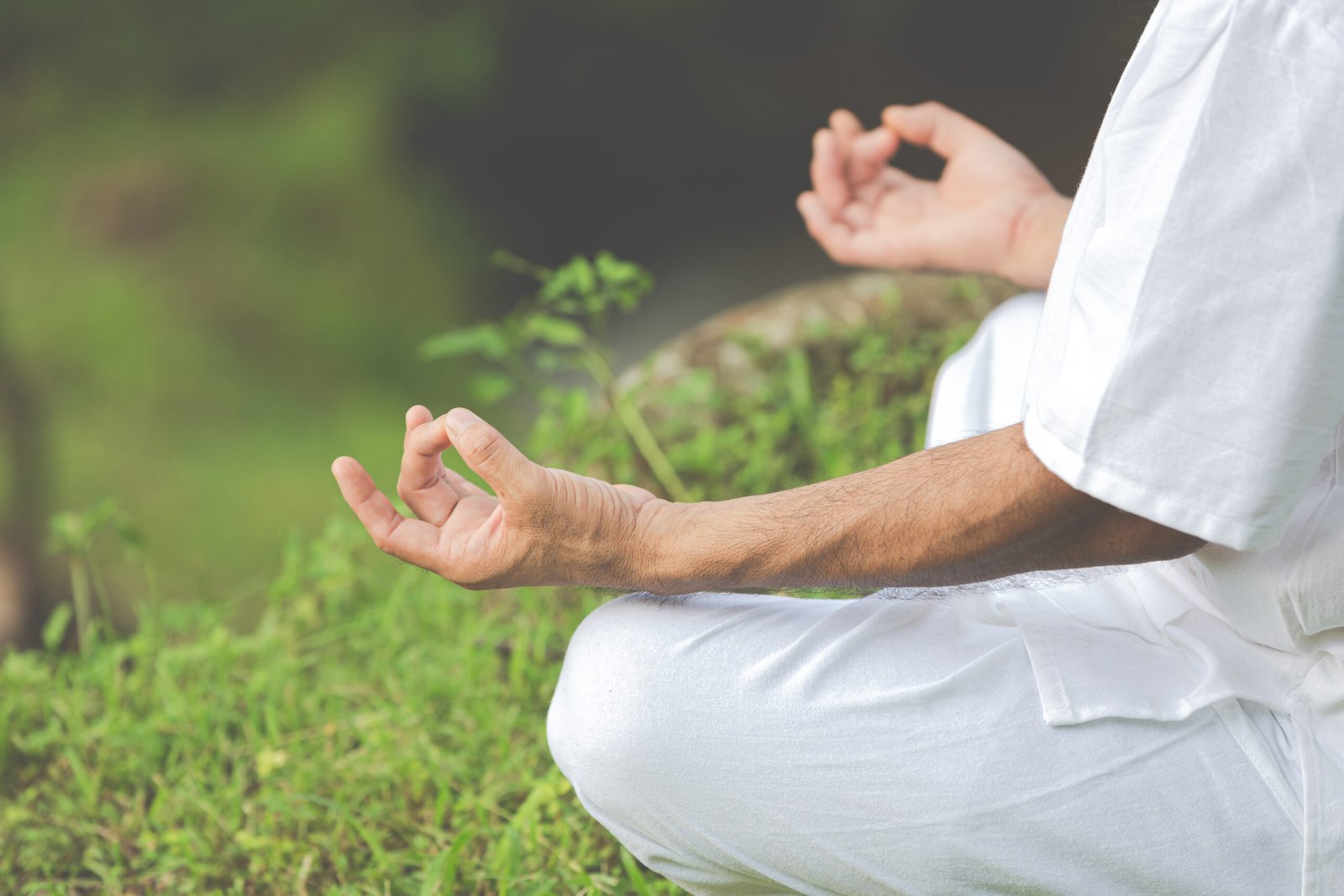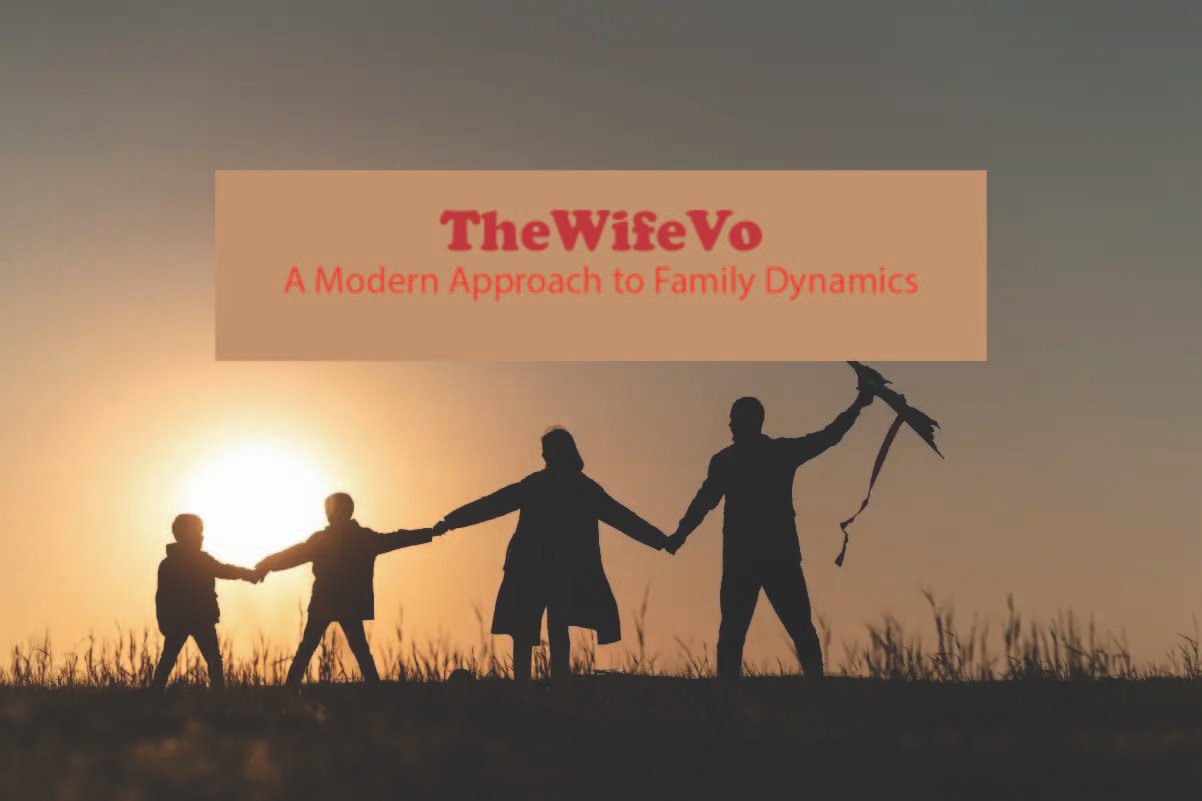Do you want to build confidence? Building confidence is a transformative journey that significantly contributes to improving one’s personality. Confidence is not just an outward display but a deep-rooted belief in one’s abilities and self-worth. By embarking on this journey, you open the door to personal growth and positive self-transformation. In the pursuit of a more confident and refined personality, individuals often find that the journey begins from within. Confidence serves as the cornerstone of a compelling personality, influencing how you perceive yourself and how others perceive you.
This journey involves a combination of mindset shifts, self-awareness, and practical strategies aimed at cultivating a stronger sense of self-assurance. So, let’s explore these proven ways to build confidence and embark on a journey towards a more empowered and refined personality. As one actively engages in these practices, the journey to improved confidence intertwines with a broader effort to enhance overall personality, creating a positive ripple effect on various aspects of life.
Table of Contents
1. Set Achievable Goals
Setting achievable goals is a crucial aspect of building confidence and improving your personality. When you set small, realistic goals, you create a pathway for success that boosts your self-esteem. This approach allows you to experience regular accomplishments, reinforcing a positive self-image.
Starting with manageable goals helps prevent feeling overwhelmed, making it easier to stay motivated. As you succeed in accomplishing these initial objectives, gradually challenge yourself by setting slightly more demanding goals. This progression not only builds confidence but also enhances your skills and capabilities.
The key is to strike a balance between setting goals that push you out of your comfort zone and ensuring they remain attainable. Celebrate each success, no matter how small, as it contributes to a sense of achievement and reinforces your belief in your abilities. This positive reinforcement sets the stage for continued personal growth and an improved overall personality.
2. Positive Self-Talk
Indeed, positive self-talk is a powerful tool for enhancing self-esteem and building confidence. Instead of dwelling on negative thoughts or self-doubt, consciously replace them with positive affirmations. Affirmations are statements that assert positive qualities or outcomes, reinforcing a constructive mindset.
By practicing positive self-talk, you reshape your inner dialogue and cultivate a more optimistic view of yourself and your capabilities. This can lead to increased self-confidence and a more resilient mindset in the face of challenges. Consistent use of positive affirmations contributes to a positive self-image and fosters a supportive mental environment for personal growth and development.
3. Learn from Mistakes
Viewing mistakes as opportunities for growth and learning is a fundamental mindset for personal development. Instead of seeing mistakes as failures, consider them as valuable experiences that provide insights and lessons.
When you approach mistakes with a learning mindset, you turn setbacks into stepping stones for improvement. Analyze what went wrong, understand the reasons behind the mistake, and use that knowledge to make informed decisions in the future. This not only contributes to your personal growth but also builds resilience and adaptability.
Embracing a positive thinking attitude toward mistakes fosters a continuous learning process, helping you evolve and become more capable over time. It’s a key aspect of developing a growth mindset, where challenges are seen as opportunities to learn and improve, rather than as obstacles.
4. Improve Body Language
Indeed, improving body language is a powerful way to convey confidence and enhance your overall presence. Here’s a breakdown of the key elements:
- Stand Tall: Maintain an upright posture. Standing tall not only conveys confidence but also positively influences how others perceive you.
- Make Eye Contact: Establishing and maintaining eye contact shows attentiveness and self-assuredness. It fosters a connection with others and reinforces your confidence.
- Use Open Body Language: Avoid closed-off postures, such as crossed arms, as they can signal defensiveness. Instead, use open body language to appear approachable and confident.
By consciously incorporating these elements into your body language, you project confidence and create a positive impression. It not only influences how others perceive you but can also impact your mindset, contributing to increased self-assurance.
5. Dress-Well
Certainly, dressing well plays a significant role in shaping your self-image and boosting confidence. Here’s why:
- Self-Expression: Your choice of clothing is a form of self-expression. Wearing outfits that resonate with your style can make you feel more authentic and comfortable in your skin.
- Confidence Boost: When you feel good about how you look, it naturally enhances your confidence. Dressing well can create a positive feedback loop, influencing your mindset and behavior.
- Professional Image: In various contexts, such as work or social events, dressing appropriately contributes to a positive first impression. This can impact how others perceive your competence and professionalism.
- Comfort and Functionality: Beyond aesthetics, wearing clothes that are comfortable and suit the occasion allows you to move with ease, contributing to a sense of ease and confidence.
By paying attention to your clothing choices, you can use fashion as a tool to express yourself and positively impact your self-image, ultimately contributing to a more confident and positive demeanor.
6. Skill Development
Certainly, investing in skill development is a powerful way to boost both competence and confidence. Here’s how:
- Continuous Growth: Acquiring new skills and enhancing existing ones demonstrates a commitment to continuous personal and professional growth. This mindset contributes to an overall sense of accomplishment and self-worth.
- Expertise Builds Confidence: As you become more proficient in a particular skill, you naturally gain confidence in your abilities. Mastery fosters a sense of competence, and this confidence extends beyond the specific skill to your overall self-esteem.
- Adaptability: Learning new skills equips you with the tools to adapt to a rapidly changing world. This adaptability enhances your self-assurance, as you feel better prepared to navigate various challenges.
- Goal Achievement: Setting goals for skill development and achieving them provides tangible evidence of your capabilities. This accomplishment positively influences your self-perception and confidence.
By actively engaging in skill development, you not only enhance your practical abilities but also cultivate a mindset that contributes to a more confident and capable version of yourself.
7. Celebrate Achievement
Celebrating achievements, no matter how small, is crucial for building confidence and fostering a positive mindset. Here’s why:
- Positive Reinforcement: Celebrating accomplishments provides positive reinforcement, reinforcing the behavior that led to success. This encourages you to continue striving for your goals.
- Boost to Self-Esteem: Acknowledging your achievements, no matter how minor, boosts your self-esteem. It reminds you of your capabilities and contributes to a positive self-image.
- Motivational Impact: Celebrating small victories keeps you motivated. It serves as a reminder of progress and encourages a forward-focused attitude, which is essential for sustained personal development.
- Sense of Accomplishment: Each achievement, no matter how small, represents progress. Taking the time to celebrate allows you to savor the sense of accomplishment and reinforces your commitment to personal growth.
By recognizing and celebrating your achievements, you create a supportive environment for building confidence and cultivating a mindset of success.
8. Expand Comfort Zone
Expanding your comfort zone by gradually confronting challenges is a powerful strategy for personal growth and increased confidence. Here’s why it’s effective:
- Overcoming Fears: Stepping out of your comfort zone often involves facing fears or uncertainties. Successfully navigating these challenges builds resilience and demonstrates that you can handle discomfort.
- Skill Development: Confronting new challenges often requires acquiring new skills or honing existing ones. This continuous skill development contributes to increased competence and confidence.
- Adaptability: Expanding your comfort zone improves your adaptability to different situations. It teaches you to navigate unfamiliar territory, fostering a sense of flexibility and resourcefulness.
- Broadened Perspective: Confronting challenges outside your comfort zone exposes you to new experiences and perspectives. This broadened view enhances personal development and enriches your understanding of yourself and the world.
By intentionally stepping into the unknown, you not only overcome challenges but also cultivate a mindset of growth and adaptability, contributing to a more confident and resilient version of yourself.
9. Positive Association
Creating positive associations by surrounding yourself with supportive and uplifting individuals is essential for personal well-being and confidence. Here’s why:
- Emotional Support: Being around positive people provides emotional support during challenging times. Their encouragement can help you navigate difficulties and maintain a positive outlook.
- Influence on Mindset: The attitudes and perspectives of those around you can influence your mindset. Positive associations contribute to a more optimistic and confident view of yourself and your abilities.
- Motivation and Inspiration: Supportive individuals can inspire and motivate you to pursue your goals. Their belief in your capabilities can boost your confidence and drive to achieve success.
- Constructive Feedback: Positive associations often provide constructive feedback, helping you grow and improve. This constructive criticism is essential for personal development and building confidence.
By fostering relationships with individuals who uplift and encourage you, you create a supportive environment that enhances your overall well-being and contributes significantly to building and maintaining confidence.
10. Practice Gratitude
Practicing gratitude by focusing on the positive aspects of your life and expressing gratitude regularly has several benefits for personal well-being and confidence. Here’s why it’s valuable:
- Shift in Perspective: Regularly acknowledging and appreciating the positive aspects of your life can shift your overall perspective. This positive outlook contributes to a more optimistic and confident mindset.
- Enhanced Emotional Well-being: Expressing gratitude is linked to improved emotional well-being. It can help reduce stress, increase happiness, and create a sense of contentment, all of which contribute to greater confidence.
- Cultivation of Positivity: Gratitude practice fosters a habit of noticing and celebrating the good in your life. This cultivation of positivity can have a ripple effect on your overall attitude and confidence levels.
- Increased Resilience: Grateful individuals often exhibit higher levels of resilience. Recognizing and appreciating positive aspects, even in challenging situations, can contribute to a more resilient and confident approach to life’s ups and downs.
By incorporating gratitude into your daily routine, you not only nurture a positive mindset but also contribute to the development of greater confidence and a more resilient sense of self.
Conclusion
In conclusion, the journey to build confidence and improve one’s personality is a dynamic process that involves a combination of internal mindset shifts and practical strategies. Confidence is not a fixed trait but a skill that can be developed through setting achievable goals, positive self-talk, learning from mistakes, and expanding comfort zones. External factors, including body language, attire, positive associations, and gratitude, also play crucial roles in this transformative journey.
For the reader, embracing these proven ways to build confidence is an invitation to a more empowered and refined version of themselves. The journey involves self-discovery, resilience, and continuous growth. By incorporating these strategies into daily life, individuals can not only enhance their confidence but also cultivate a positive mindset that positively influences their overall personality. This journey is not about perfection but progress, and each step taken contributes to a more self-assured and resilient individual. So, embark on this journey with determination, celebrate every achievement along the way, and witness the positive impact on both confidence and personality.


























